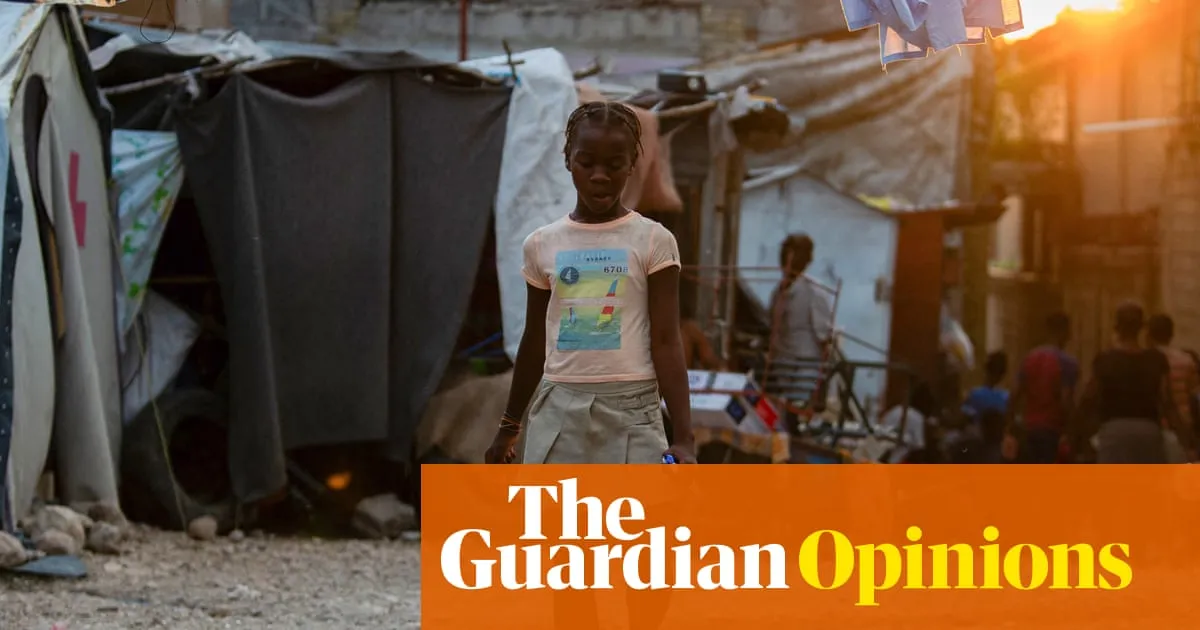
The list of countries impacted by the Trump administration's latest travel ban appears arbitrary at first glance. The nations facing a total ban include Afghanistan, Burma, Chad, Republic of the Congo, Equatorial Guinea, Eritrea, Haiti, Iran, Libya, Somalia, Sudan, and Yemen. Meanwhile, countries like Burundi, Cuba, Laos, Sierra Leone, Togo, Turkmenistan, and Venezuela face restrictions instead of outright bans. The reasoning given for these measures cites various security threats, which are assessed based on factors such as the presence of terrorism, visa overstays, and the countries' cooperation in accepting deported nationals.
According to the administration, visa overstays are indicative of a blatant disregard for United States immigration laws. However, the latest data from Customs and Border Protection shows that these countries do rank high in visa overstays, alongside other nations not included in the ban. This discrepancy raises questions about the underlying criteria for the travel ban.
Upon deeper analysis, a different pattern emerges when we consider the historical context of these nations. All the countries affected by the ban are primarily located in the global south, and their citizens are often racialized as Black, brown, or Muslim. Many of these nations have alarmingly high poverty rates, with a significant portion of their populations living in extreme economic hardship. Furthermore, several of these countries have recently experienced social upheaval or devastating conflicts. For instance, Yemen, Sudan, Somalia, and Afghanistan are all featured on the World Food Program's list of the most severe food crises globally.
These realities do not support the travel ban's assumptions about the inherent violence of individuals from these nations or their supposed tendency to disregard laws. In fact, the data surrounding visa overstays does not directly correlate to the legal statuses of these individuals. Nationals from countries like Afghanistan, Burma, El Salvador, Haiti, Somalia, Sudan, and Venezuela have historically had the right to apply for temporary protective status due to the instability in their home countries. We are left in the dark about how many "overstayers" may have sought other forms of protection, such as asylum.
The poverty and insecurity prevalent in these nations can largely be attributed to historical and ongoing imperialism, including military and economic interventions by the United States. For instance, understanding the ongoing turmoil in Haiti requires acknowledging the country's history of extortion by France and the U.S. occupation that followed. Similarly, the mass displacement of individuals from Afghanistan, which has one of the largest refugee populations globally, cannot be comprehended without considering the destabilizing effects of U.S. funding to the Mujahideen and the subsequent "war on terror."
The current Iranian regime's existence is also rooted in U.S. support for British efforts to dismantle Iranian democracy in the name of corporate interests, particularly concerning British Petroleum. Moreover, U.S. sanctions against countries like Iran, Venezuela, and Cuba have not facilitated regime change but have instead led to economic devastation and widespread displacement.
Data reveals that nations like Equatorial Guinea and Chad, rich in resources, are not merely victims of poverty but rather victims of systemic theft by foreign corporations. The United Nations estimates that approximately $86 billion is siphoned from the African continent annually due to illicit financial flows, including tax evasion and criminal activities. Furthermore, from 1970 to 2022, countries in the global south, many of which are on the travel ban list, are estimated to have paid over $2.5 trillion in interest, benefitting the global north. This economic exploitation is aptly described by Thomas Sankara, a former president of Burkina Faso, who labeled debt as a "skillfully managed reconquest of Africa."
Compounding these injustices, the climate crisis perpetuated by wealthier nations disproportionately affects the poorest countries. Climate activists estimate that the global north owes $5 trillion each year to countries in the global south for the environmental devastation caused by their actions.
Viewed through this lens, Trump’s travel ban—often referred to as the "Muslim ban"—is a cruel extension of a long-established policy that profits off the lives of Black and brown individuals while neglecting the most vulnerable among them. In displacement camps across various locations, I have met individuals from these targeted countries, including pharmacists, artists, DJs, and journalists. Just recently, I spoke with a political activist who fled a massacre in her homeland and left her three young children behind. Her anxiety over securing asylum and the possibility of reuniting with her family is palpable.
Trump's justification for the travel ban references a recent violent incident involving an Egyptian man in Boulder, Colorado, despite Egypt not being on the list of banned countries. The absurdity of penalizing millions of people for a single act of violence underscores the discriminatory nature of the ban. This latest policy is yet another step towards a vision of America that seeks to perpetuate racial homogeneity, following previous restrictions on asylum and humanitarian parole.
Ultimately, it is not the citizens of these nations that pose a threat to U.S. security; rather, the United States has long acted as a threat to their stability, robbing them of resources, undermining their institutions, and denying them the opportunity for a secure future. Instead of exacerbating these injustices, we should strive for atonement and understanding.